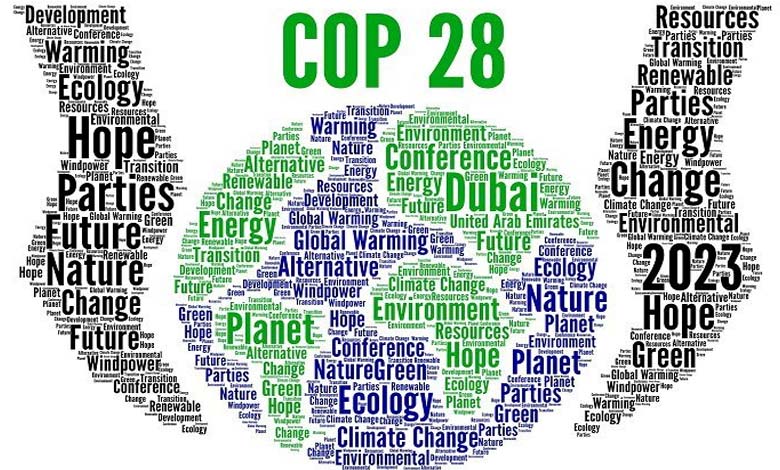After the G20 Agreements… The World Relies on the UAE to Eliminate Fossil Fuels in COP28
The world is relying on the UAE to phase out fossil fuels in COP28

G20 leaders have agreed to triple renewable energy and attempt to increase funding for climate-related disasters, but they have maintained the current status quo regarding the gradual phase-out of coal emissions. This paves the way for the upcoming climate summit, COP28, which is scheduled to be held in the UAE.
Emirati role
The US-based Associated Press reported that shortly after G20 leaders announced the agreement, which represents countries responsible for 80% of all greenhouse gas emissions, Amitabh Kant, a senior Indian government official leading some of the G20 negotiations, described it as “perhaps the most vital, dynamic, and ambitious document on climate action.”
However, most climate and energy experts were not as enthusiastic, agreeing that G20 leaders sent a strong message on climate action, even as the world witnesses increasingly frequent natural disasters such as extreme heat. Even in the latest meeting of G20 climate ministers before the summit, disagreements persisted. Therefore, the world is placing great reliance on the UAE and its ability to compel Western leaders to take strong measures in addressing the climate change crisis.
A step forward
The British newspaper Telegraph confirmed that global leaders and climate experts believe that the announcement has significantly pushed the conversation forward, paving the way for an ambitious climate agreement when they convene at the global climate conference, COP28, in Dubai later this year.
Harjeet Singh of the International Climate Action Network said, “While G20’s commitment to renewable energy is commendable, it avoids the root cause – our global dependence on fossil fuels. Therefore, the next climate summit must address these challenges.”
According to a report by the Global Energy Monitor, an organization tracking a variety of energy projects worldwide, G20 countries account for 93% of globally operational coal-fired power plants and 88% of proposed new coal-fired power plants without carbon capture technologies.
Singh, who has followed international climate negotiations for over two decades, stated, “It is time for the wealthy countries in this group to lead by example, turn their promises into action, and help shape a greener and fairer future for all.”
The newspaper confirmed that, for the first time, G20 countries agreed on the required amounts for transitioning to clean energy. The document states that developing countries need $5.9 trillion by 2030 to achieve their climate goals. Additionally, an extra four trillion dollars will be needed each year by the end of the decade if developing countries aim to achieve net-zero emissions by 2050.
Madhura Joshi, a Mumbai-based energy analyst with the E3G climate research center, said, “The G20 has seen many false starts, and yet, it is disappointing that the G20 failed to agree on the gradual phase-out of fossil fuels, a challenge that the UAE may deal with during the upcoming climate summit.”
She continued, “Increasing renewable energy sources and reducing fossil fuels must necessarily happen together, and we need stronger and bolder actions from leaders in both areas. All eyes are now on the United Nations climate conference (COP28) and the UAE’s serious steps toward a gradual transition to clean energy.”












